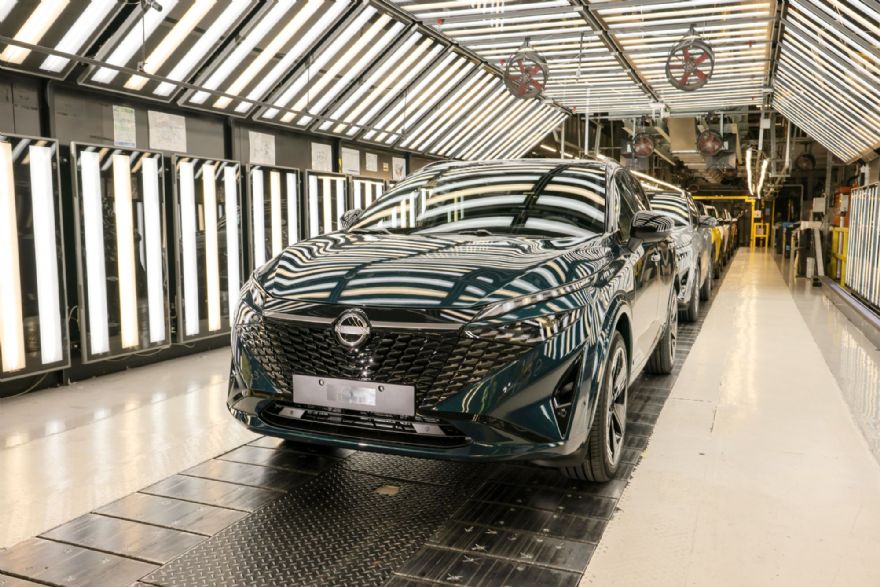
Five years on from Brexit, the UK automotive sector continues to demonstrate its global strength, generating £115 billion in imports and exports last year, according to the
SMMT’s latest trade report,
Unmarked Routes: Britain’s Pathway to Stronger Automotive Trade. The industry is on course to exceed £110 billion in trade for the third consecutive year, despite facing significant headwinds including tariff barriers, rising protectionism, and geopolitical instability.
While Brexit is just one of the many challenges the UK automotive has had to face, its impact on trade with the EU has been profound. The UK’s departure from the single market has introduced new customs procedures, regulatory divergence, and tariff risks — costs that the industry has had to absorb while simultaneously investing billions in electrification and emerging technologies.
Despite the EU-UK Trade and Cooperation Agreement (TCA), uncertainty persists — particularly around the classification of key battery components and the looming 2027 rules of origin for electric vehicles (EVs). These rules will impose stricter local content requirements, with tariffs of up to 22% on non-compliant EVs traded across the Channel.
Bilateral UK-EU automotive trade has underperformed relative to UK trade with other global markets. This is notable given that over half of UK car exports go to the EU, and the majority of vehicles sold in Britain are sourced from Europe. In 2024, UK-EU automotive trade totalled £68.4 billion —accounting for nearly 60% of the UK’s total automotive trade.
EV exports on the riseThe shift to electrification is reshaping this trade. EVs, including battery electric, plug-in hybrid, and hybrid models, now represent the largest share of cross-border automotive trade. UK EV exports to the EU are now worth twice as much as internal combustion engine (ICE) exports.
Meanwhile, EU manufacturers exported £17.6 billion worth of EVs to the UK in the 12 months to June 2025 — more than double the value of Chinese EV imports and surpassing ICE imports for the first time. However, this growth is now under threat. The 2027 rules of origin require a high proportion of battery content to be sourced locally in the UK or EU. The definition of cathode-active materials (CAM) — a critical battery input — remains unclear, and current supply chain capacity is insufficient to meet demand. Without a rapid scale-up in local battery production, many EVs could face tariffs that would make them commercially unviable.
The SMMT is urging the UK Government to act swiftly. It is calling for immediate engagement with the EU to clarify CAM definitions, monitor compliance projections, and accelerate negotiations to rejoin the Pan-Euro Mediterranean (PEM) Convention. This would provide greater flexibility in meeting origin requirements and improve access to 14 additional markets.
Mike Hawes, SMMT chief executive, said: “Despite the most difficult environment in decades, UK Automotive remains a powerhouse of global trade. With its unmatched diversity and world-class capability, the sector already trades across the world. But the global trading environment is getting tougher; more competition, more protectionism and more geopolitical tension. Forging closer trading relationships, notably with the EU, and implementing industrial and trade strategies with automotive at their heart will enable us to grow our economy, create thousands of highly skilled jobs, and lead the charge toward ‘net zero’.”